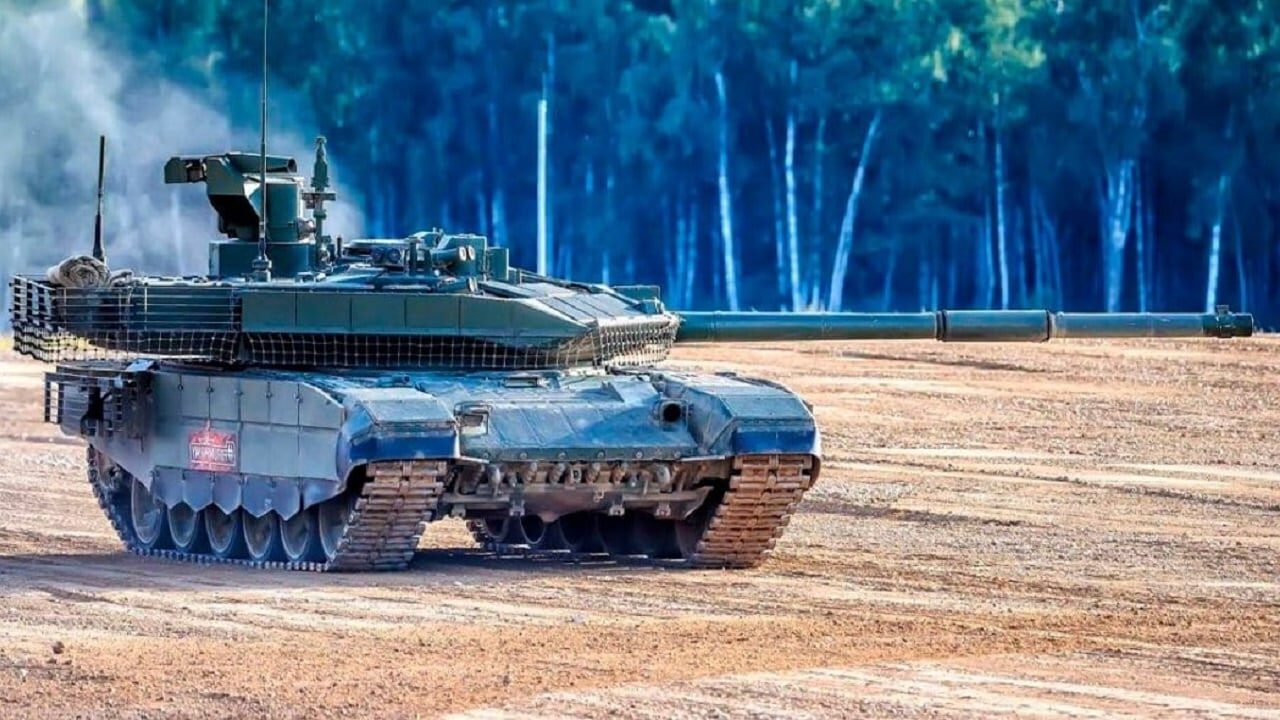On the morning of February 24, 2022, the Russian people awoke to news of war in neighboring Ukraine.
The initial waves of surprise and joy at the seemingly quick progress of Russian forces quickly subsided. After a few days of progress, the Russian military got stuck.
The subsequent months of war, heavy casualties, sanctions, and lies from the Kremlin have changed Russian society.
The Militarization of the Russian Society for Ukraine War
The militarization of Russian society has been gradual and steady since the start of the war.
Towns and companies have had to fill “volunteer” quotas to send men to the Russian military. Russian school children are now taught by law the basics of unmanned aerial systems operations, as well as more advanced tasks like terrain reconnaissance. Pupils are also taught marksmanship, grenade operation, and basic combat first aid.
“Russia’s renewed emphasis on military induction for children is largely an effort to cultivate a culture of militarized patriotism rather than develop genuine capability,” British Military Intelligence assessed in a recent estimate of the war.
In late July, Russian President Vladimir Putin signed a bill that will increase the upper age limit for Russian males liable to be called in uniform, and senior officers that have retired or are in reserve can now be mobilized even at age 70.
In addition, the Russian legislative body increased the maximum age for conscription from 27 years of age to 30. Although conscripts can’t be deployed in the “special military operation” inside Ukraine — at least officially — they can still open spots for contract soldiers to deploy in Ukraine. It is also unclear whether the Russian Ministry of Defense has deployed conscript soldiers to the Crimean Peninsula, which Moscow has illegally annexed and considers to be part of Russia, but is nominally part of Ukraine.
Meanwhile, the Kremlin is also cracking down on freedom of speech online.
No More VPN
Starting last week, internet users in Russia have been largely unable to use virtual private networks, or VPNs, to access websites online. VPNs mask a user’s country of origin and allow people to access material online that would otherwise be restricted (not illegal) in their country of residence.
People in countries like Russia and China often use VPNs to bypass domestic censorship and glimpse the world in the way free people in the West do.
“VPNs likely represent the greatest single vulnerability within the Russian state’s attempts at pervasive domestic information control,” British Military Intelligence assessed in its latest estimate of the war.
“As well as increased technical disruption, the Russian state has also launched a public information campaign, attempting to scare citizens into avoiding VPNs by claiming they put their personal data at risk,” the British Military Intelligence added.
The recent crackdown, seems to suggest the Russian people continue to use VPNs even at the risk of criminal prosecution: The use of VPNs in Russia has been illegal since 2017.
A 19FortyFive Defense and National Security Columnist, Stavros Atlamazoglou is a seasoned defense journalist specializing in special operations, a Hellenic Army veteran (national service with the 575th Marine Battalion and Army HQ), and a Johns Hopkins University graduate. His work has been featured in Business Insider, Sandboxx, and SOFREP.
From the Vault
‘You Really Oughta Go Home’: F-22 Raptor Stealth Fighter Flew Under F-4 From Iran

